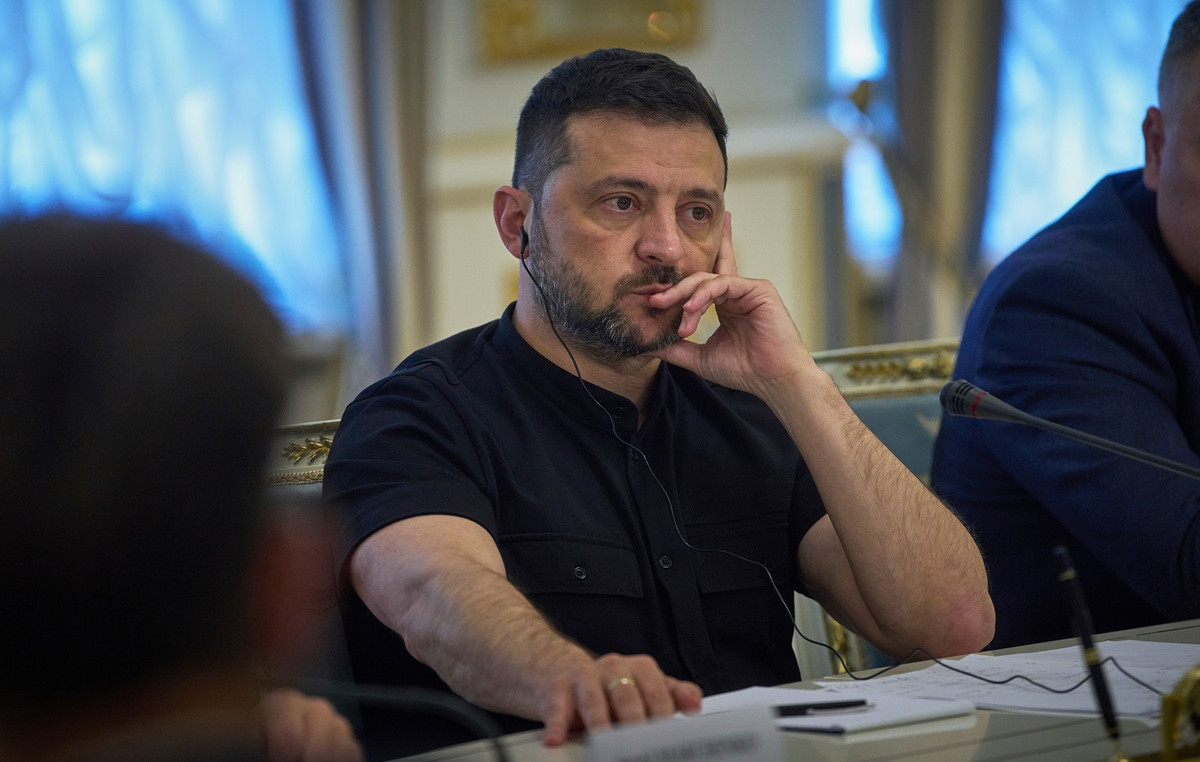Fears about the economic consequences of the war in Ukraine and the increasingly aggressive rhetoric of Federal Reserve officials about interest rates today hit the buying mood of investors in Europe, leading to significant losses on the continental stock exchanges.
The mood in European markets has been tense since the morning, as recent revelations of alleged war crimes by the Russian military in Ukraine have sparked global outcry and led the EU, the US and their allies to prepare new sanctions against Russia.
Sanctions that investors fear will hurt even more the economic outlook, which has already been derailed due to soaring energy and food prices, pushing inflation even higher and gnawing on disposable consumer income.
The European Commission has proposed banning the import of all types of coal from Russia as part of measures to limit the EU’s trade relations with Moscow.
Although the permanent representatives of the EU member states failed to agree today on the new package of sanctions against Russia proposed by the Commission, some diplomats were optimistic that a compromise solution could be found at the next meeting of the permanent representatives, on Thursday.
Meanwhile, today, the United States announced a new round of sanctions against Russian financial institutions, Kremlin officials and members of their families. In particular, the new US sanctions target the daughters of Russian President Vladimir Putin, the wife and daughter of Russian Foreign Minister Sergei Lavrov and members of the Security Council of Russia, cutting off the above persons from the US financial system and in the USA.
The United States has also imposed full foreclosure sanctions on Russia’s Sberbank, which owns a third of Russia’s banking assets, and on Alfabank. Energy transactions are not exempt from sanctions either. Finally, they barred Americans from investing in Russia, including through venture capital or mergers.
At the same time, US Secretary of the Treasury Janet Yellen warned that Russia’s invasion of Ukraine would have a significant impact on the world economy, adding that the United States would not attend “meetings” of the Group of 20 largest economies if the Russia participates in them.
Investment psychology, meanwhile, has been plagued by new comments from Fed officials about a more aggressive rate hike to curb 40-year-old inflation.
Yesterday, Fed Vice President Lael Brainard stressed that the central bank could start cutting its balance sheet “rapidly” even in May, while at the same time continuing its successive interest rate hikes to tackle inflation. Today, Philadelphia Fed Chairman Patrick Harker stressed that “Russia’s invasion of Ukraine will intensify inflationary pressures,” also pointing to a more aggressive rise in interest rates.
This development, however, raises fears that the rapid rise in interest rates could undermine economic growth, at a time when uncertainty is also escalating due to the war.
Thus, on Wednesday, the pan-European Stoxx 600 index fell 1.53% and closed at 455.98 points, with almost all sub-sectors and stock exchanges finishing the day in the “red”. The highest losses were recorded by the travel and leisure sector , with a decrease of 3.9%, while some small support was provided by the health sector, which strengthened by 0.2%.
In Frankfurt, the DAX plunged 1.89% to close at 14,151.69 points, in Paris the CAC 40 fell 2.21% to 6,498.83 points and in London the FTSE 100 closed at 7,587.70 units, down 0.34%.
In the European region, in Milan the FTSE MIB fell 2.06% to 24,447.36 points and in Madrid the IBEX 35 closed 1.64% lower at 8,482.10 points.
Macro
Growing concerns about the risk of a slowdown in growth, data released today in Germany showed that industrial orders fell more than expected in February, as demand from abroad fell.
In particular, orders fell 2.2% in February from the previous month, losing analysts’ estimates in a Bloomberg poll for a milder decline of 0.3%.
Source: Capital
I am Sophia william, author of World Stock Market. I have a degree in journalism from the University of Missouri and I have worked as a reporter for several news websites. I have a passion for writing and informing people about the latest news and events happening in the world. I strive to be accurate and unbiased in my reporting, and I hope to provide readers with valuable information that they can use to make informed decisions.







